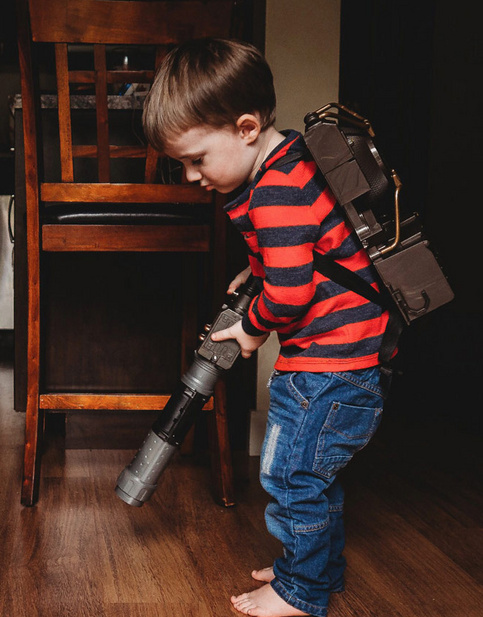Every toddler feels the urge to explore the world around them by themselves. This is where you will learn what to expect in this developmental phase.
We are Humana. We care for babies and families.
Who we are and what we do.
read moreEvery toddler feels the urge to explore the world around them by themselves. This is where you will learn what to expect in this developmental phase.
Time flies. It wasn't long ago that you were holding your vulnerable little baby in your arms who could barely turn to one side — and now they have become a lively toddler. They walk through the world on their own two feet and have an eye for mischief.

By their first birthday, your little hero's weight has just about tripled — and their motor and intellectual skills have developed accordingly. The little ones become increasingly independent and mobile. They learn and discover new things every day and begin to interact with their social environment.
This reveals itself in particular through their language development. Gestures like nodding and shaking their head become words like 'yes' and 'no'. The skill of expressing themselves and naming objects and people progresses rapidly.
By the age of 2, most children understand simple sentences and tasks. Between the 18th and 24th months their passive vocabulary expands to about 200 to 300 words — and by this time they can already actively use about 50 words.*
*Each child's language develops at its own pace. Due to individual differences, our numbers and ages for child language development serve only as a general guide.


Your child's body and mind continue to develop considerably after their 2nd birthday. The weight of the brain is now only about 25% smaller than that of an adult — roughly 100 trillion synapses have formed.
The motor, cognitive and language skills of your little hero really take off. Whether it's climbing, jumping or riding a tricycle, playing hide-and-seek or tag — your child wants to give everything a go. At the same time, they enter a new phase of personality development and willpower. The 'terrible twos' begin and many parents ask themselves, 'Whatever happened to my sweet little baby?' Don't panic! It's normal. Your child is simply experiencing lots of new emotions and has yet to learn how to deal with frustration and anger. Now is the time for parental sensitivity and lots and lots of empathy.
Alpha-linolenic acid (ALA) is especially important for the development of brain and nerve cells. ALA is an essential omega-3 fatty acid that the body cannot form itself and therefore has to be provided through nutrition.
As a global baby food brand we offer a wide range of infant milk, infant food & food supplements.